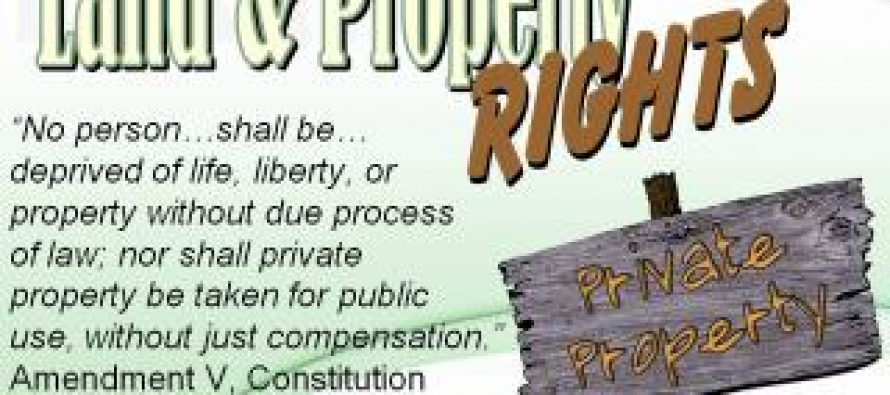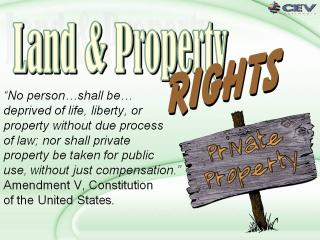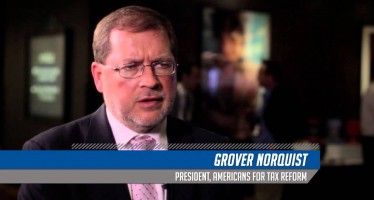San Francisco rebuked for ‘fundamental’ abuse of property rights

 In an era in which eminent domain is routinely used to reward the wealthy and politically connected — to the detriment of poor and middle-class property owners — it’s easy to forget that property rights as conceived of in the U.S. Constitution are every bit as essential as free speech and the right to bear arms. But there are periodic reminders that these constitutional rights remain, reminders that often illustrate the overreach of local government.
In an era in which eminent domain is routinely used to reward the wealthy and politically connected — to the detriment of poor and middle-class property owners — it’s easy to forget that property rights as conceived of in the U.S. Constitution are every bit as essential as free speech and the right to bear arms. But there are periodic reminders that these constitutional rights remain, reminders that often illustrate the overreach of local government.
This week we saw a perfect example dealing with a San Francisco law so extreme it seems, well, un-American. Here are the key details from the Pacific Legal Foundation’s website:
Today U.S. District Court Judge Charles Breyer sided with Pacific Legal Foundation’s (PLF) lawsuit and struck down San Francisco’s Tenant Relocation Ordinance, as unconstitutional.
Under the ordinance, rental property owners who want to reclaim use of their own property must pay a massive sum to their tenants – a sum that the tenant doesn’t even have to use for relocation purposes.
PLF’s lead clients are Dan and Maria Levin, who live in the upstairs unit of their two-story home. They would like to use the lower unit for friends and family, but they would have to pay their tenant $118,000 to withdraw it from the rental market.
The ordinance ‘fails on its face’
This is from Breyer’s decision:
In July 2014, the City and County of San Francisco enacted an Ordinance that requires property owners wishing to withdraw their rent-controlled property from the rental market to pay a lump sum to displaced tenants. The 2014 Ordinance requires that property owners pay the greater of a relocation payment due under a 2005 Ordinance or the new, “enhanced” amount: twenty-four times the difference between the units’ current monthly rate and an amount that purports to be the fair market value of a comparable unit in San Francisco, as calculated by a schedule developed by the Controller’s Office. Plaintiffs, who are property owners now obligated to pay amounts that range to hundreds of thousands of dollars per unit, allege that the Ordinance on its face is an unconstitutional taking in violation of the Fifth Amendment. …
… fundamentally, the Ordinance fails on its face because it requires a monetary exaction that is not roughly proportional to – indeed, does not even share an essential nexus with – the impact of the property owner’s proposed change in use. That is to say, it seeks to force the property owner to pay for a broad public problem not of the owner’s making. A property owner did not cause the high market rent to which a tenant who chooses to stay in San Francisco might be exposed, nor cause the lower rent-controlled rate the tenant previously enjoyed. The Ordinance’s constitutional infirmity being one inherent in the nature of what the monetary exaction is intended to recompense – a dislocation that necessarily arises in all of the Ordinance’s applications – it fails on its face to survive Fifth Amendment scrutiny.
Breyer, like his brother, Supreme Court Justice Stephen Breyer, is a moderate on business and regulatory issues. He didn’t see this as even close to a close call. Oral arguments were held Oct. 6. His decision came out all of 15 days later.
In the federal court system, that’s hardly common.
The takeaway: Property rights live.
Related Articles
‘World-class’ Sacramento deal dead
April 15, 2012 By Katy Grimes Ding, dong, the arena deal is dead. The free market won. Despite the failure of 13
Video: Can CA tax its way to prosperity?
California taxes are going up, but according to Americans for Tax Reform’s Grover Norquist, the new revenue isn’t going solve
Ridesharing foe takes ‘a few bucks’ from taxis
Los Angeles City Councilman Paul Koretz is one of the state’s biggest opponents of ridesharing, the relatively new service provided by such




